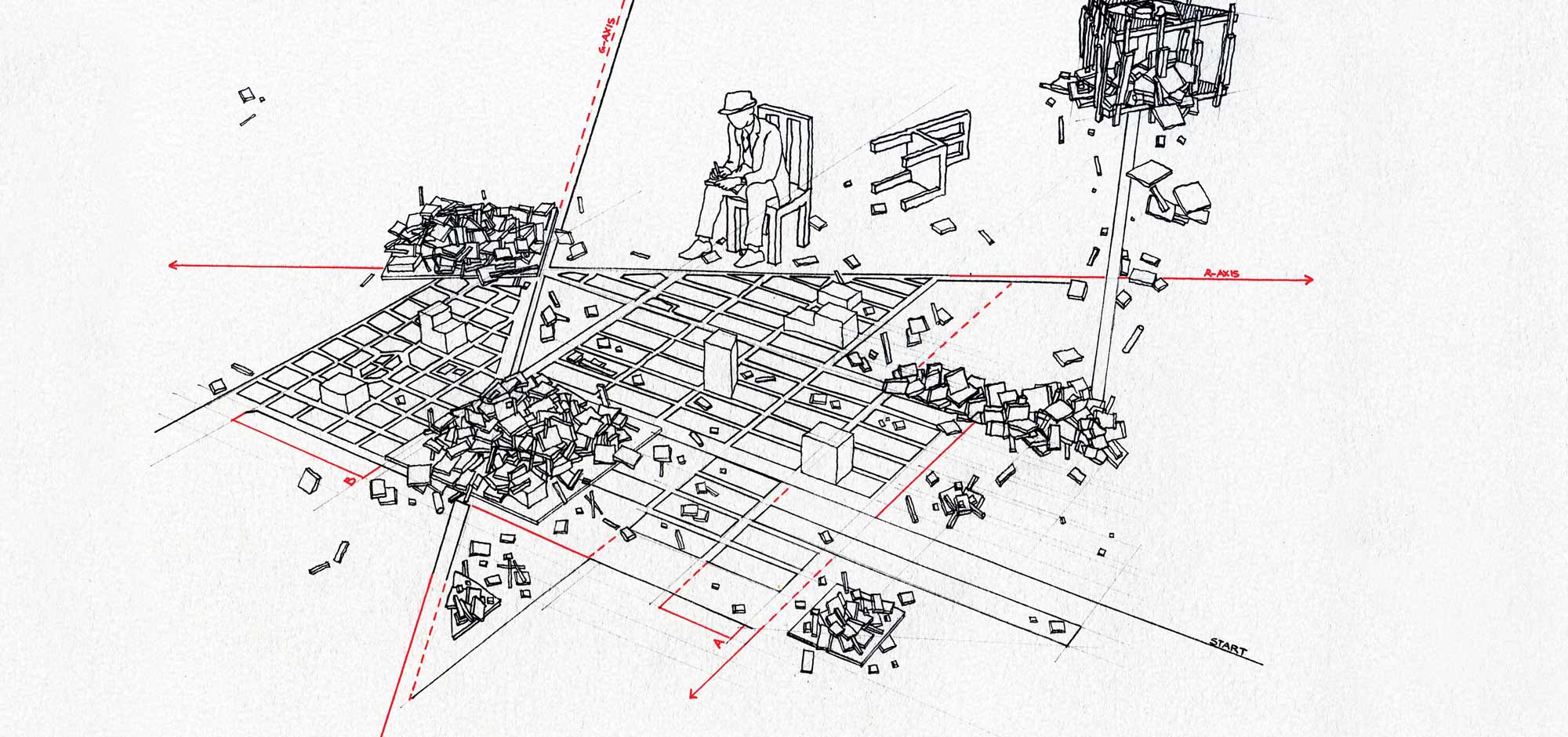9
It’s never been easier for workers to collaborate—or so it seems. Open offices, messaging, and virtual-meeting software in theory make people more visible and available. But as the physical and technological structures for omnichannel collaboration have spread, evidence suggests they are producing less interaction—or less meaningful interaction—not more. This happens because individuals, not companies, decide when and how to engage with others. They become adept at shutting people out and reading signs that their coworkers wish to be left alone. Many companies don’t understand how to achieve the kinds of collaboration they want. The authors provide guidance on reaching such an understanding. Companies can use new technologies, such as sensors that track people’s movements and software that collects their digital “bread crumbs,” to learn how members of particular groups are actually interacting. They can then experiment to learn how to achieve the types of exchanges they want: trying various office configurations, testing a pilot floor plan before overhauling the entire space, and exploring the impact of small tweaks. This approach will help them equip employees with the spaces and technologies that best support their needs.



This is a really smart way of thinking about it: